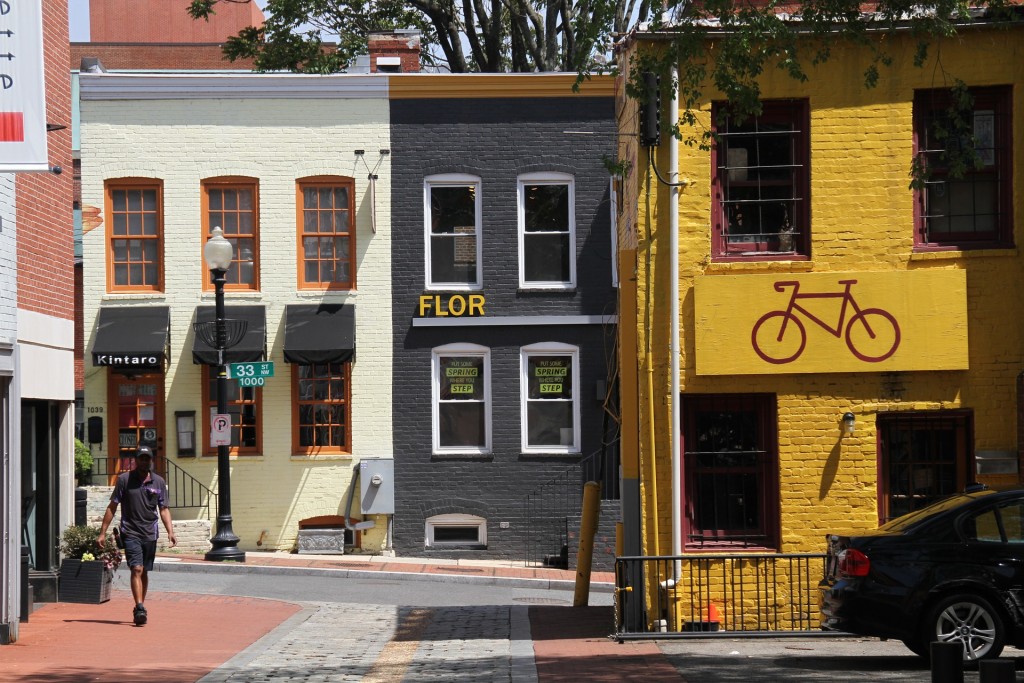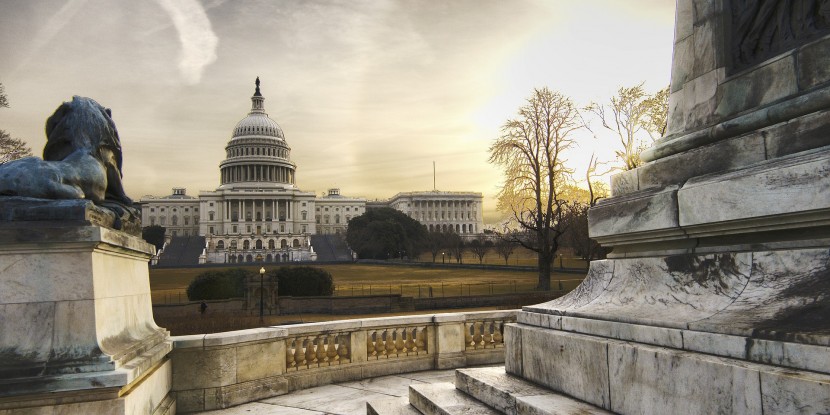Washington, D.C. is the center of American politics, so it can pay to know a little bit about them before you move there. The fact that the city is not part of a state also makes it stand out a little from the rest of the country and has an impact on its laws.
Voting In D.C.
The most significant legal quirks in D.C. focus on voting. D.C. is not a state, so it doesn’t get any voting representation in Congress. It does get a single representative in the House of Representatives, but that person is not allowed to vote on any bills. Several other territories, such as Guam, share in that lack of representation, but unlike them, D.C. residents still have to pay all of the same taxes as people who live in other states. Taxes are a sensitive topic for many individuals who live in the area, especially since Congress is entitled to overrule their local council and mayor on legal issues.

Etiquette Is Universal
D.C. is full of political arguments, but there are some things on which everyone can agree. Etiquette is relatively consistent across party lines, and nobody is going to want to deal with you if you ignore it. In particular, people who will forgive almost anything will still be angry if you get in their way as they rush to work. If you’re on an escalator or in another crowded area, walk on the left side and stand on the right, to avoid blocking the walkers.
The local DC dress code is also important. People tend to dress more formally in D.C. than in other parts of the country, and they aren’t as likely to take you seriously if you don’t do the same. It’s safe to assume that most events will expect relatively neat and formal dress. When in doubt, play it safe and wear a suit.
Political Neighborhoods
Like most urban areas, the majority of D.C. residents support the Democrats, with a total of approximately 75% of the city’s population voting Democrat and the rest divided between Republicans and third parties. Members of one party or another dominate some areas, but the populations mix more often than many people suspect. Party membership is only one thing that people consider when they choose a place to live, and it’s often less important than other concerns, like the cost of living.

Residential areas that are close to political hubs, such as Capitol Hill and Ward 6, tend to have large populations from every party. Every party has people that like to work close to home, so politicians tend to live in the same neighborhood. Some communities are dominated by one party, such as Dupont Circle for the Democrats and Glover Park for Republicans.
Moving to and Living In D.C.
D.C. is one of the largest and most unique cities in the United States. It’s full of people with high-pressure jobs and strong opinions, so it’s important to do some research before moving there, but it also offers a living experience like no other in the country. As you consider your move to DC, check out our DC moving guide sponsored by local DC moving companies.


